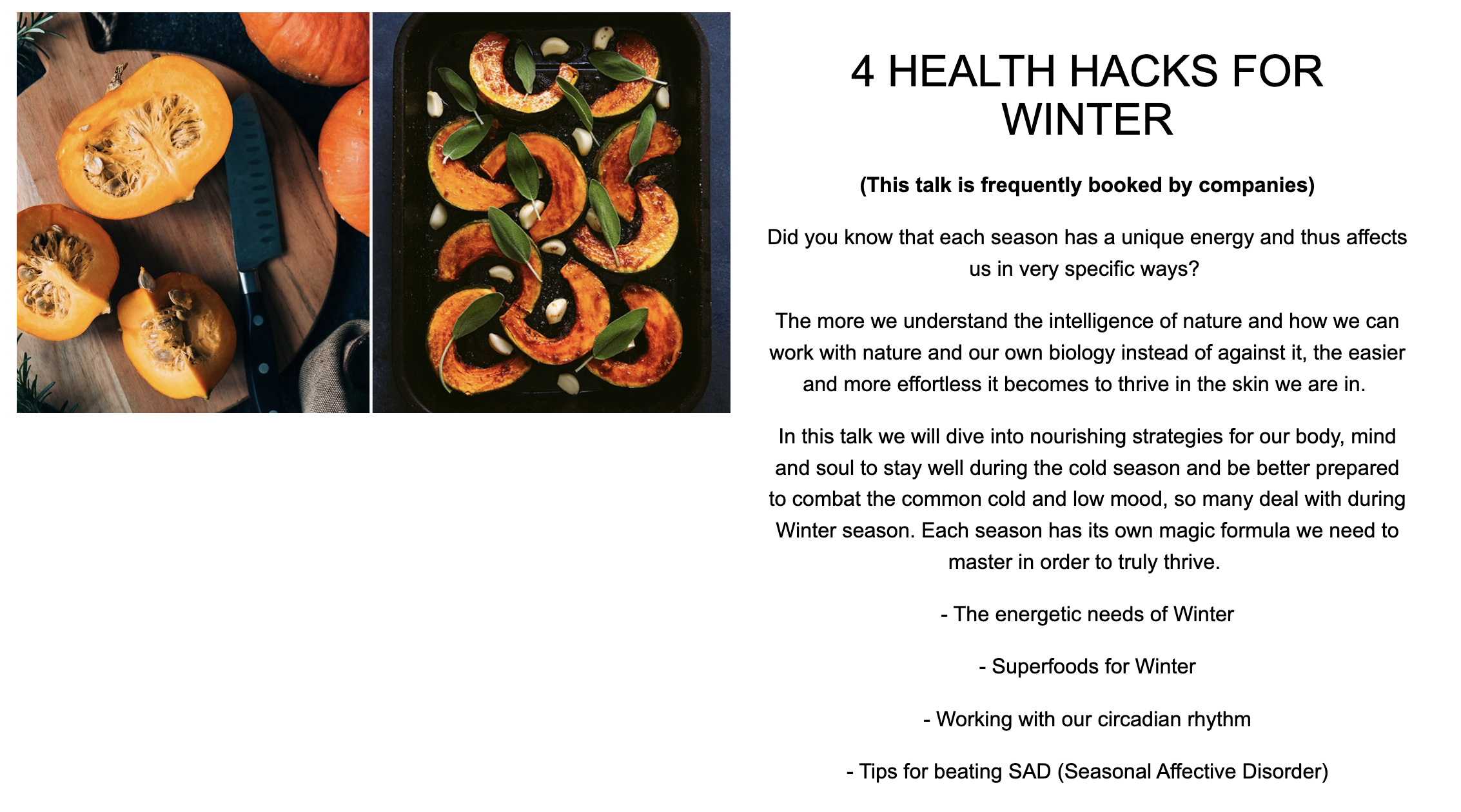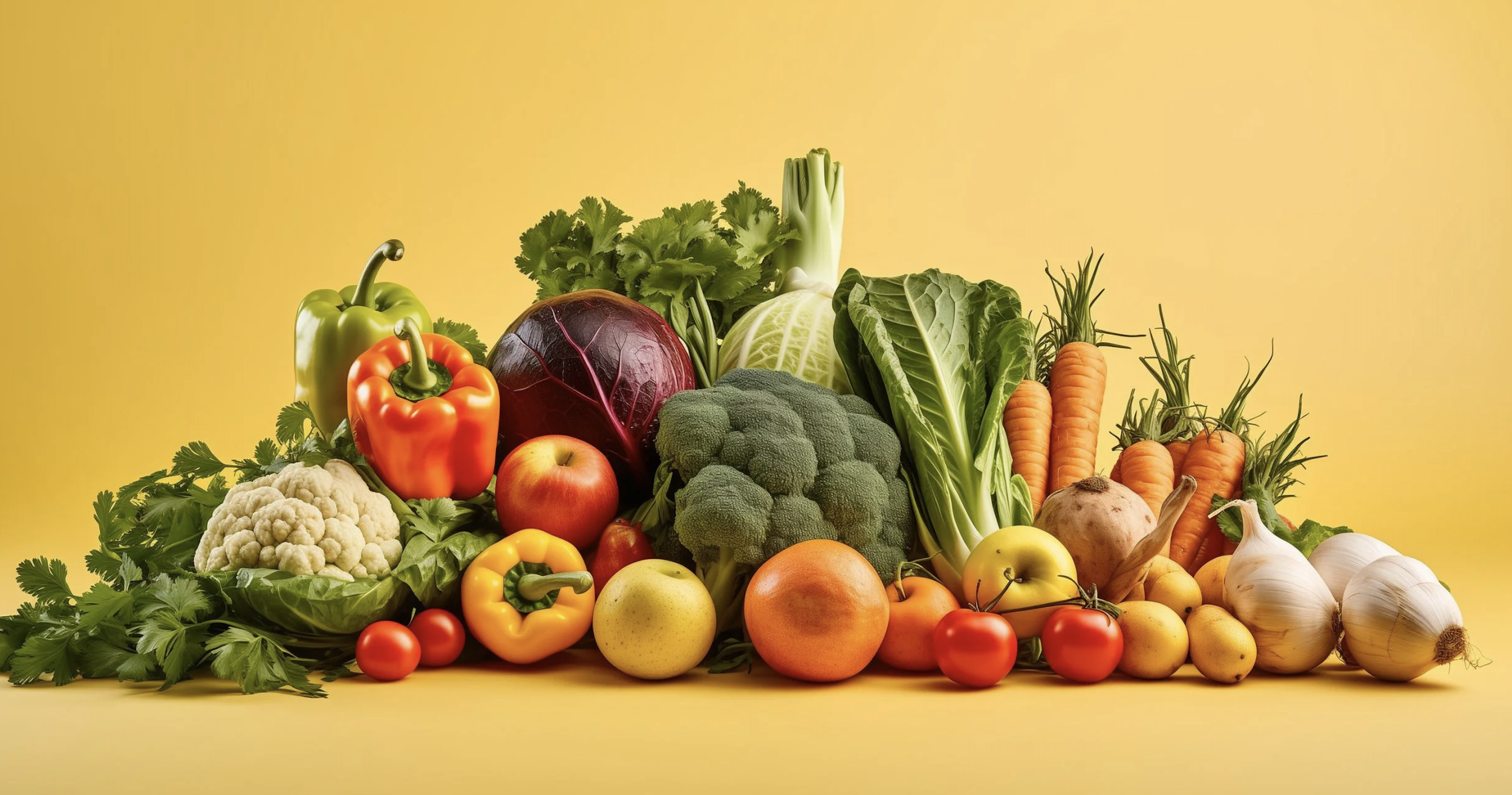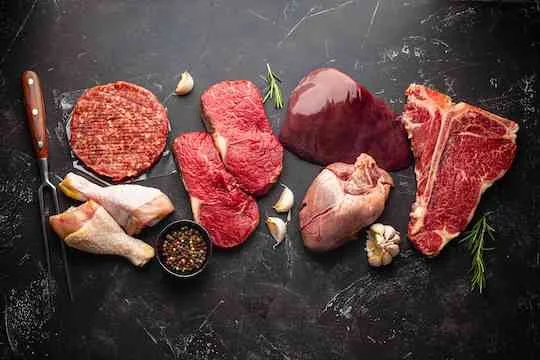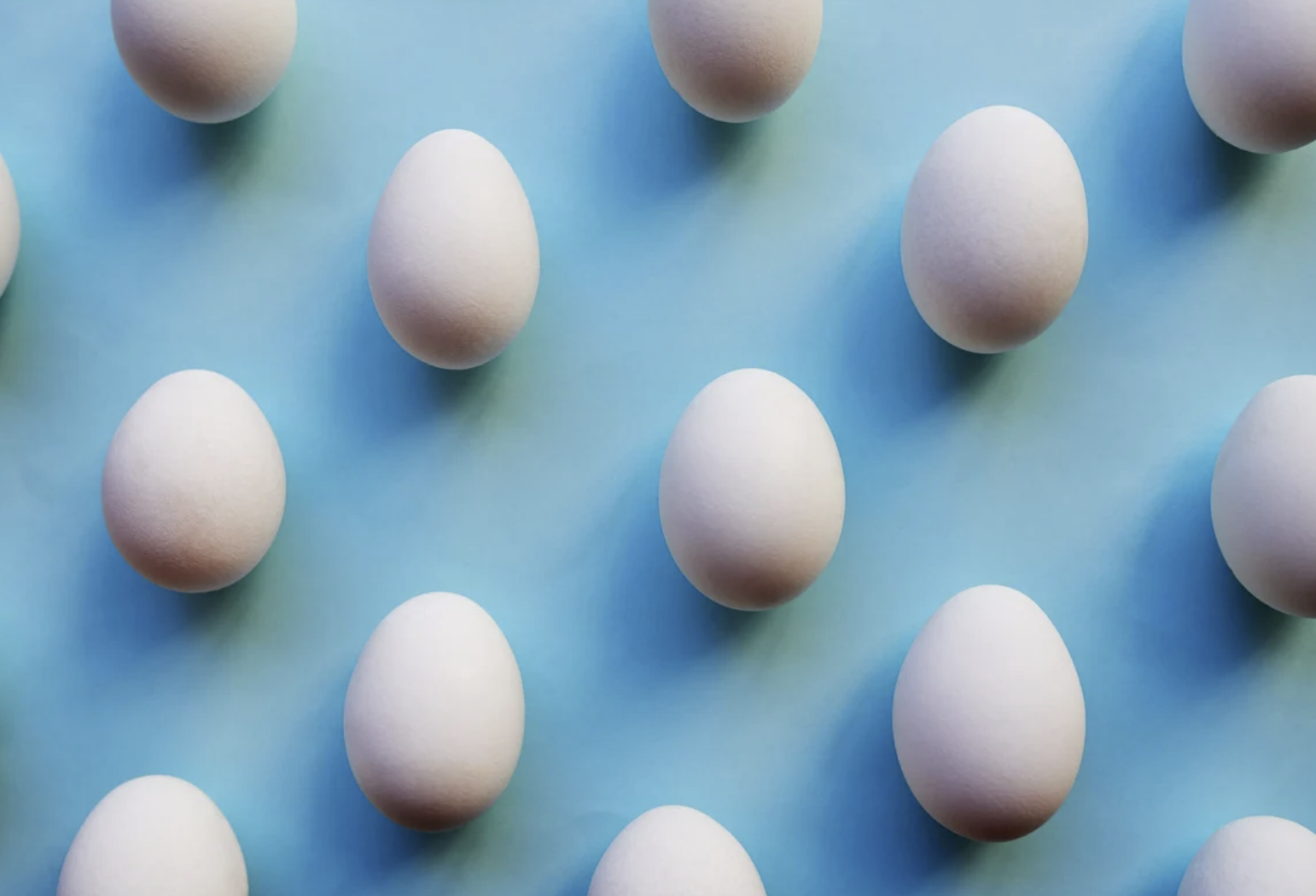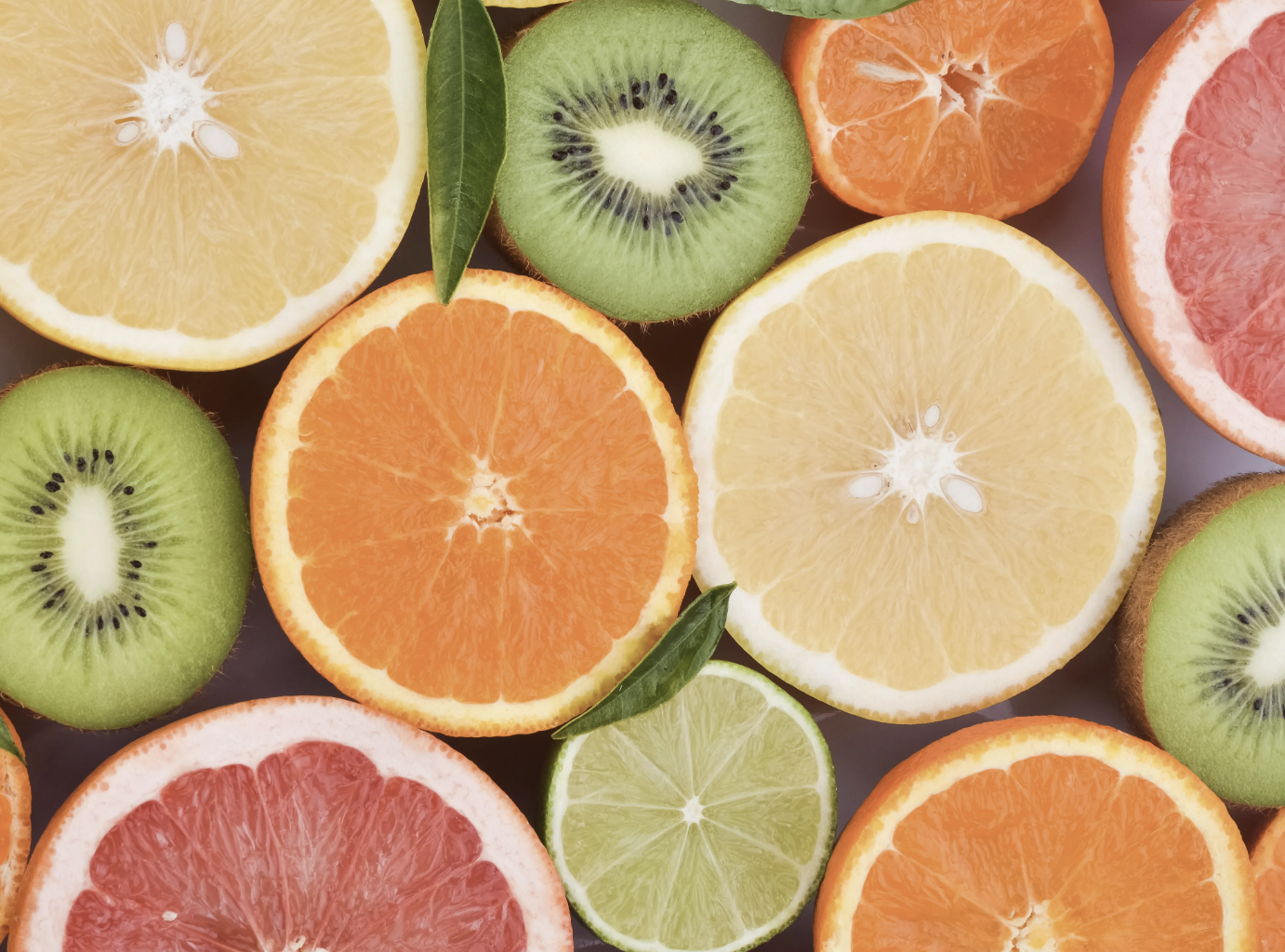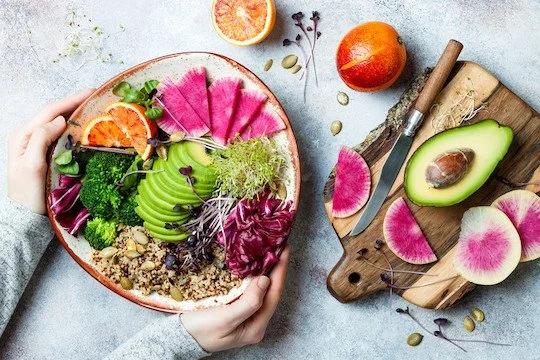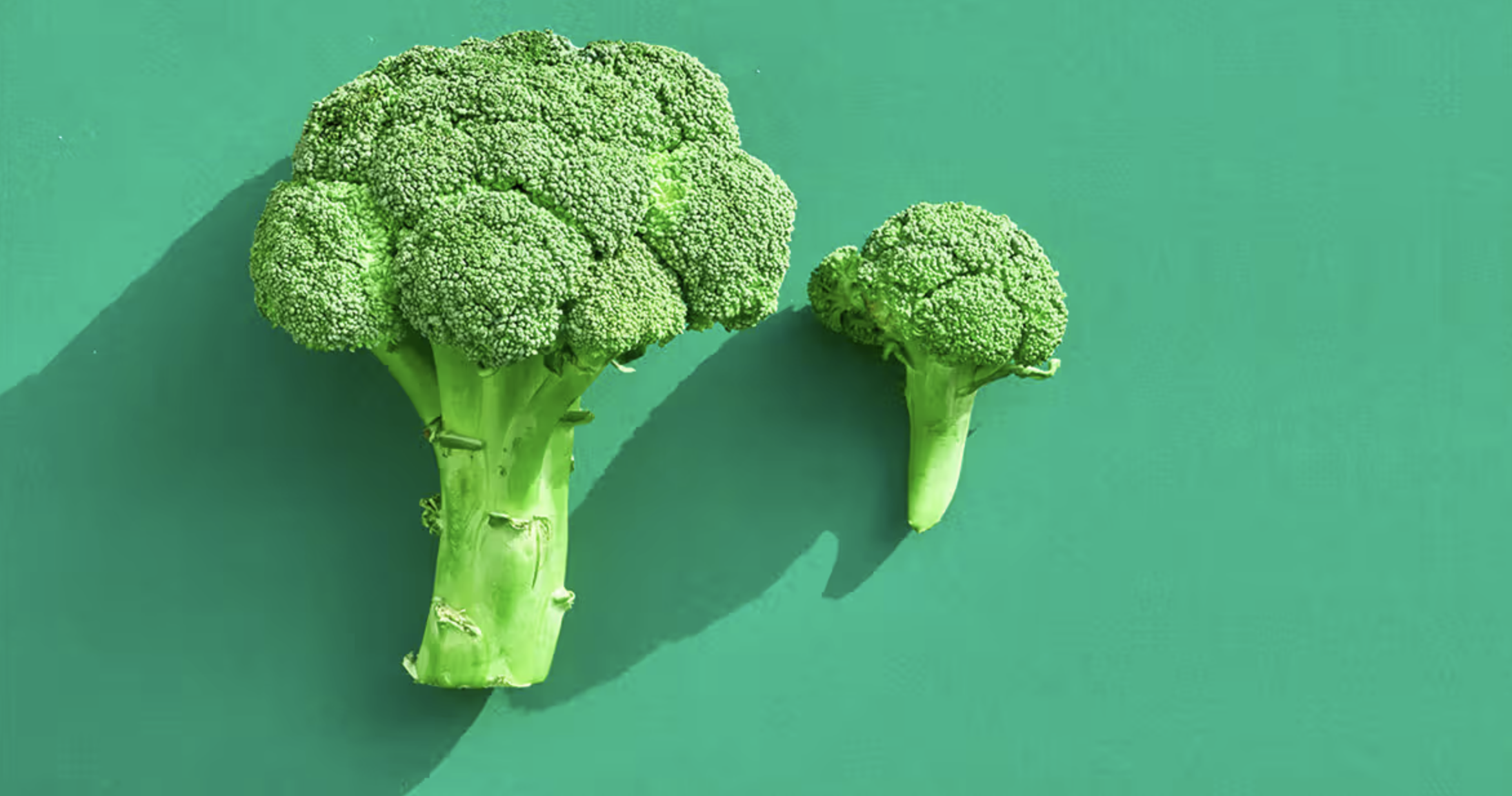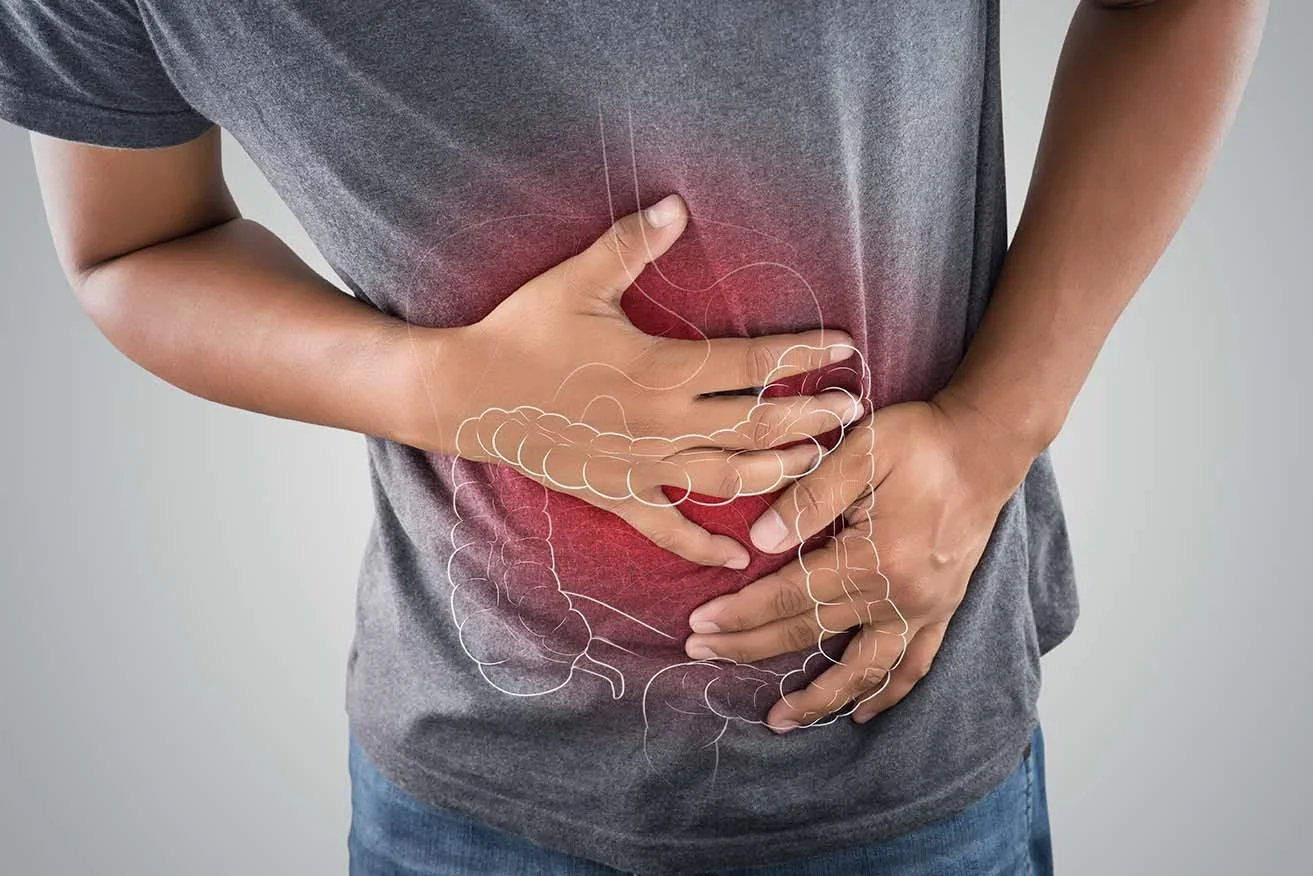
health briefs
This is smart health for real life. Short reads, clear science, practical moves. I show you where better energy, focus, and resilience come from. Follow along for data-driven insights, clinical strategies, and behind-the-scenes perspective on strategic health for individuals and companies.
NEW TALK: 4 HEALTH HACKS FOR WINTER
I am doing a new talk this Winter for companies. Ask your workplace to book this 60 minute talk and walk away with a better understanding of how you can work with your body and the seasons to gain effortless health and truly thrive in the body you are in.
While there are no short-cuts or magic formulas when it comes to health, it is key that we understand both our own body’s biochemical blueprint through lab testing in addition to how the intelligence of nature impacts us. So that we understand when is the time to support detoxification in the body and when is the time to nourish for hormonal balance. If we fight nature, health becomes a constant battle.
Rather we want to understand how we as human beings are connected to the intelligence in nature and embrace the changing seasons to best support our gut and brain health and just overall wellbeing.
STUDY FINDS: ALARMING LEVEL OF CHEMICALS FROM YOUR REUSABLE PLASTIC WATER BOTTLE!
hours in the bottles. There were hundreds of substances in the water -- including substances never before found in plastic, as well as substances that are potentially harmful to health. After a dishwasher cycle, there were several thousand," says Jan H. Christensen, Professor of Environmental Analytical Chemistry at the University of Copenhagen's Department of Plant and Environmental Sciences.
Read the full article here: https://www.sciencedaily.com/releases/2022/02/220211102618.htm
Take-away? STOP using reusable plastic anything in contact with liquids or foods. Choose glass og stainless steel instead.
NEW INTERVIEW: Cancer nutrition with Dr. Kurt Woeller D.O.
Dr. Kurt Woeller D. O. is one of the pioneers in understanding biochemical abnormalities related to autism and neurological issues. I highly recommend working with him if you or anyone you know struggles with autism - his knowledge is unsurpassed.
His detailed biochemical understanding of health and disease is truly unique and I’ve followed his work for the last decade along with - unbeknownst to him - I happened to take a training course in organic acid testing led by Dr. Woeller approx a decade ago.
Today I had the pleasure of being on his newly released podcast “Doc Talks”. He is truly one of a select handfuld of incredibly knowledgable practitioners, I have been lucky enough to either be mentored by or work directly with - i.e. Dr. Eric Braverman MD, Dr. Deepak Chopra MD, Dr. Rau MD, Dr. Greg Melvin (who I also collaborate currently with on analysing my clients’ thermography scans) and Dr. Woeller D.O.
Listen to our talk about nutrition and cancer
ARTICLE FEATURE: Why we struggle with weightloss resistance (DANISH ONLY)
This is part 2 out of 3 of a series I’ve written for Danish health magazine LNS about why we struggle with weightloss resistance.
Read the full article here (p 18-22): click here.
Feeling fat and depressed on keto? You may have a defect on your carnitine-transporter
Are you following keto and find that you CANNOT lose weight and rather you are actually gaining weight?
Then it may be because you belong to the group that has a defect in the carnitine transporter.
No one is designed to follow an extreme diet like keto for the rest of their lives - but there may be times when restrictions on certain food groups are necessary due to illness and imbalances.
Even though we humans are bio-individual, we are still built very similarly in terms of how we convert energy in the body and build muscles etc.
There is no good science behind all of these come-and-go theories that exclude carbohydrates for everyone, or fat for everyone, or animal protein for all.
Some of us can thrive on these diets because we - perhaps for the first time in our lives - clean up our bad eating habits and decide to now completely exclude junk food and finally eat "real food". It's always a good idea to eat "real food" from nature, but it doesn't necessarily have anything to do with the ratio or exclusion of carbohydrates/proteins/fats.
However, for people with a defect in the carnitine-transporter, it can be very harmful to eat keto because they have a reduced ability to convert fat (ketones) into energy - and instead store it in the body.
Natural vitamins may be superior to synthetic ones
“There appears to be a tendency to label those who profess that natural vitamins are better than synthetic ones as quacks. This broad brush label may be stifling legitimate nutrition research. This paper describes physiochemical differences between certain natural and synthetic vitamins, proven clinical advantages of natural vitamins, and some of the effects this labeling may lead to. It concludes that lessons of history as well as modern science support the view that natural vitamins are nutritionally superior to synthetic ones.”
Read the full study here: https://pubmed.ncbi.nlm.nih.gov/11090291/
NEW TALK: 5 Keys To Thrive Effortlessly
Want to BOOST YOUR EMPLOYEES’ ENERGY, MOOD + BRAIN POWER?
Then you want to book this talk! Simple evidence-based steps to make big changes to how we thrive mentally and physically.
(I just did this talk for VEO technologies in Copenhagen)
Conference talk: How to protect ourselves from EMFs
Europeans For Safe Connections is hosting their annual conference in Kassel, Germany the weekend of 28-30th of June 2024. At the conference I am doing a talk on understanding how EMFs impact us and strategies we can take to minimise negative health impact. In this talk we will focus on gaining insight into the things we can control, so we can function in a wireless world that we have little control over. This talk is scheduled for 9:30 AM Saturday 29th of June in Kassel, Germany and is part of the weekend conference for Europeans For Safe Connections - read the full program and sign up for the conference here: https://esc-info.eu/en/invitation-to-esc-conference-2024/
Food fears often based on bad science
Food has so many properties that we often draw false conclusions, when we only focus on one aspect: e.g. you can easily be misled into thinking bananas and whole grain products are "unhealthy" when you only look at it from its impact on blood sugar coming from a keto diet point of view. Or you can be misled into thinking that plants should be avoided because they contain small amounts of toxins, and therefore you should follow a carnivore diet (meat-based). The fact is, however, that it is about quantity. Anything can be toxic if the dosage is high enough. And just as exercise and resistance train our muscles - but must not be overdone, because then it breaks us down, likewise fibers and many of these antinutrients actually train our digestion, so that it becomes resilient and results in a diverse and healthy gut microbiome. Now if you are already sick you may of course need a targeted elimination diet temporarily in relation to symptom management short-term - but this will never cure the underlying problem. Eg. mold is linked to IBS, which in turn is linked to SIBO/SIFO, so if you focus on the intermediate or end product, you never get to the bottom of what is causing the inflammation in the intestinal system and the overgrowth of bacteria and fungi in the small intestine and the resulting " food intolerances". Bottom-line: if you struggle with a lot of food intolerances and digestive issues a restrictive diet will not cure it, but may manage the symptoms short-term, yet longterm may make the problem even worse. Restrictive diets are NOT healthy longterm. And if a practitioner is recommending such, it is a RED FLAG.
Misregulation of blood glucose is a thing for non-diabetics
Lately, I’ve been falling over some contents claiming that blood sugar is always stable in healthy people and the glycemic index is none-sense unless you are diabetic. While there are many misconceptions at the moment about what causes chronically dysregulated blood sugar and insulin resistance - i.e. some claiming that carbs are the issue, and we just need to cut carbs out and eat a meat-based (carnivor) or fat-based (keto) diet - it is simply also not true that blood sugar always keeps stable in healthy people. Or actually it is true that for as long as the body is still healthy enough to produce enough insulin to quickly get the glucose out of the blood stream (in contrast to diabetics) the overall blood sugar levels keep stable - but(!!) the more high spikes and following crashes we get from the foods we eat the less healthy we will be in time. So while we at the peak of our health may be able to have overall balanced blood sugar regardless of what we eat on the glycemic index - this doesn’t mean that it down the road is ideal to continue to engage in, if we are to STAY healthy.“There are lots of folks running around with their glucose levels spiking, and they don’t even know it,” said Michael Snyder, PhD, professor and chair of genetics at Stanford and senior author of the study. The spikes are in fact a health problem because high blood sugar levels, especially when prolonged, can contribute to cardiovascular disease risk and a person’s tendencies to develop insulin resistance, which is a common precursor to diabetes, he said.“We saw that some folks who think they’re healthy actually are misregulating glucose — sometimes at the same severity of people with diabetes — and they have no idea,” Snyder said. Furthermore, when we get a blood sugar spike, followed by a crash this is known to affect cortisol which increases hunger - and thus we have the craving cycle.
Meta-study confirms: Eggs are a no-go for breast and ovarian cancer
Aren’t eggs supposed to be super healthy? Yes and no. Eggs are a food group that can be problematic depending on one's medical history - and no, it's not about cholesterol. The cholesterol debate - and what causes elevated levels in the body - was misleading and has long since been dismantled, but there are other aspects that make eggs less suitable for daily intake for everyone.
How cold therapy is RUINING your nervous system!
Now admittedly I’ve been winter swimming in icy waters in Scandinavia since I was 3 years old (voluntarily following my mom in the ocean, mind you). I’ve always been keen on the benefits of cold-and-heat alternating therapies and how it can tone our vagus nerve and thereby help alleviate stress and build resilience.
However, right now this cold therapy trend is getting out of control.
This trend is being pushed by influencers with no health education or people without an understanding of the nervous system - yes, even researches focusing on one aspect only i.e. how cold therapy can change our fat tissue. However, this is ONLY one aspect of how cold therapy is affecting us. We need to understand the bigger picture of how something is affecting us LONG-TERM and our body as a whole, before we dive in. Most importantly we need to understand how our own nervous system is wired and what therapies is best matched to that. Too many lack the understanding of doing things in short bursts or in moderation to stress the body short-term in order to build resilience long-term - instead they are pushing the body beyond capacity, staying in ice water for 5-20 minutes with the mantra “more is better” or just being solely focused on changing fat tissue without understanding what large doses of adrenaline release does to the nervous system.
Are you taking synthetic vitamin C?
I am not a big fan of synthetic supplements - and there are plenty of studies supporting that synthetic vitamins are NOT comparable to natural vitamins due to missing co-factors amongst other issues.
Synthetic vitamin C is however what most of us are consuming if we are taking supplements on the regular. And I only recommend synthetic vitamin C if you are acutely fighting an infection as the longterm benefits are severely lacking - on the contrary.
A recent study reported a positive association between supplemental vitamin C intake and kidney stones in a cohort of 23,355 Swedish men; the multivariable adjusted relative risk associated with supplemental use of vitamin C was almost double compared with no use!
Read the full study here: https://pubmed.ncbi.nlm.nih.gov/23381591/
NOTE: I absolutely do recommend supplements, but the quality most of us are taking is absolute garbage and not related to better health outcome. The headlines in the newspapers do not differentiate between synthetic supplements and naturally derived supplements, although this is the key issue in the health outcome!
Sunlight for weightloss works better than Ozempic
As humans we struggle with the concept of balance. Yet science shows that nature wants balance. And instead of completely staying out of the sun, we would benefit greatly from understanding how to reap the health benefits from daily sun exposure while protecting especially our face and décolleté from damage.
Sunlight has several health benefitting aspects - one being: it actually helps us stay lean!
When skin and the eye are exposed to UVR there is a release of α-melanocyte-stimulating hormone (α-MSH) which naturally lowers our appetite and increases our energy expenditure.
For those who want the chemical breakdown of exactly how this happens here goes:
In the central nervous system, α-MSH is cleaved from proopiomelanocortin and then released into different hypothalamic regions to act on melanocortin 3/4 receptor-expressing neurons, lowering food intake, and raising energy expenditure via appetite suppression and sympathetic nervous system.
Most of us know this intuitively, as we tend to lose weight without struggle, when we go on summer-vacation. And this is the reason for it.
In the study they found following:
“In our animal studies, ongoing exposure to low dose ultraviolet radiation (UVR, found in sunlight) reduced weight gain and the development of signs of cardiometabolic dysfunction in mice fed a high fat diet. These observations suggest that regular exposure to safe levels of sunlight could be an effective means of reducing the burden of obesity.”
Read the full study here: https://www.ncbi.nlm.nih.gov/pmc/articles/PMC5086738/ And feel free to share.
New study: Chloestyramine increases PFAS detoxification with 60%
Promising research shows that PFAS may not need to be “forever” in your body and may be treatable with the common medication cholestyramine.
Read the full study here: https://www.sciencedirect.com/science/article/pii/S0160412024000837?via%3Dihub
Who should go vegan?
Yet another vegan “documentary” taking up space on Netflix these days: “You Are What You Eat: A Twin Experiment”. And it hasn’t even been more than a handful of years ago, there was the last wave of veganism driving through the country with the movie Game Changers on Netflix, swiping across the country with more peer pressure than your average influencer’s lip filler. Same arguments, same counter arguments. It gets boring for those of us who live long enough to see the circling trends in health care - same claims, same debunking and on and on it goes. Each generation has to learn from scratch all over again. Yes I sound like I’m a million years. But really, I don’t have patience for this utter nutritional nonsense trendy stuff proposed by self-claimed experts often with no relevant educational background when it comes to nutrition science.
I never really commented much on it, because we are missing the boat completely when it comes to changing our health by focusing so much on meat vs. plants, and the debate has so many emotional ties attached to it, that it rarely seems constructive to dive in.
Can you have too low homocysteine?
We mostly know homocysteine as something we have to worry about not getting too high. And that is absolutely true: too high homocysteine is directly related to higher mortality and risk of cardiovascular disease.
But can homocysteine also become too low?
It turns out that the answer is yes: low homocysteine levels are actually linked to increased disease risk. For example, low homocysteine has been shown to have a strong association with peripheral neuropathy.
Research shows that a surprising 41% of patients with idiopathic peripheral neuropathy have hypohomocysteinemia (too low homocysteine). And sulfur is absolutely essential for healthy homocysteine levels. There can be several reasons for imbalances with sulfur in the body - e.g. mold can affect sulfur and thereby homocystein levels. Unfortunately, it is not always as simple as just doing a mineral test for sulfur and thereafter concluding when levels are found low to simply eat foods higher in sulfur to provide the building blocks in order to normalize homocysteine levels (aka broccoli, cabbage, meat).
However, mineral, vitamin and heavy metal tests are always one of the first things I do on all clients who come in for a health check-up, because this is basic information we need to know before we can dig deeper
Vitamin, mineral and metal test incl. 30 minutes review can be booked as a separate service on the website and is also included in all health check-ups.
OZEMPIC AND WEGOVY LINKED TO INTESTINAL BLOCKAGE - A POTENTIALLY LIFE THREATENING CONDITION!
Last month I wrote a post about intestinal blockage and how serious a disorder it is - especially because it is high season for this disorder during the holidays. However, now entering January and relentless slimming season, this may also turn out to be high season for intestinal blockage due to the increase in prescriptions of certain popular weightloss medications.
Thinking of kick-starting January's weight loss with medical help?
Ozempic and Wegovy - both drugs where side effects include reducing intestinal peristalsis to such an extent that the FDA issued a letter in the autumn in which they made it clear that they will henceforth warn against acute intestinal blockage on the packaging. The risk of intestinal blockage is something most of us incl. health professionals and doctors have been unaware of with this apparent weight loss miracle drug.
Intestinal blockage is potentially life-threatening and if you already have a history of digestive disorders, you should stay far away from these medicines. Regardless of the fact that obesity is linked to a domino effect of biochemical problems in the body, the risk of intestinal blockage is simply too serious.
Last year, I admittedly also considered whether this remedy could be included as part of a broad-spectrum aid to kick-start weight loss in clients with a particularly addictive relationship with food - both to break the habit but also to change the brain's reward system. Unfortunately, it has become more apparent that the problems with muscle loss (leading to reduced metabolism - and increased tendency to gain more weight after treatment) as well as the side effects around digestion - and especially the risk of intestinal blockage - are not sustainable nor worth it.
No, lemon water is not a "health gimmick"
I’ve been drinking lemon or grapefruit juice diluted into water the first thing every morning for decades, literally. Yes decades, without going further into dating myself here.
While I too get real tired of wild claims about this or that diet, mainly because there is never good science behind, I do not tire of the potential of understanding foods therapeutic impact on the body. Having worked with nutrition for 20 years, I have seen so many diets come and go, it drives me nuts, that we have to make something so simple, so very complicated.
It is actually quite simple: stop eating extremes, stop eating restrictive, figure out why your health is not good and treat the underlying cause of that.
How to prevent death from bowel loops (increased risk with holiday overeating)!
Did you know that Christmas is high season for intestinal loops?An intestinal loop is a bowel obstruction which can be a serious condition. It can occur in the large or small bowel. A small bowel obstruction commonly occurs where loops of intestine can easily get blocked or twisted. Christmas is jam-packed with delicious food, and this is definitely not a raised finger that you should fast or replace roast pork with carrot sticks or other life-draining and unrealistic advice. But it's also high season for hospitalizations with intestinal loops, and there's nothing funny about it if it happens to you or yours.
Intestinal loop is a serious disorder, and the mortality rate is approx. 20% for those where operative intervention becomes necessary! Therefore, the best thing you can do - as with all other diseases - is prevention.
Intestinal loop is a condition where the intestine twists around itself, so that the intestine is pinched off. When this happens, you will very quickly experience massive pain in the stomach because the food accumulates and the intestines are distended. If not treated in time, bacteria from the intestines begin to penetrate the gut lining and cause serious inflammation and potentially deadly blood poisoning. What are the symptoms of intestinal loop?

